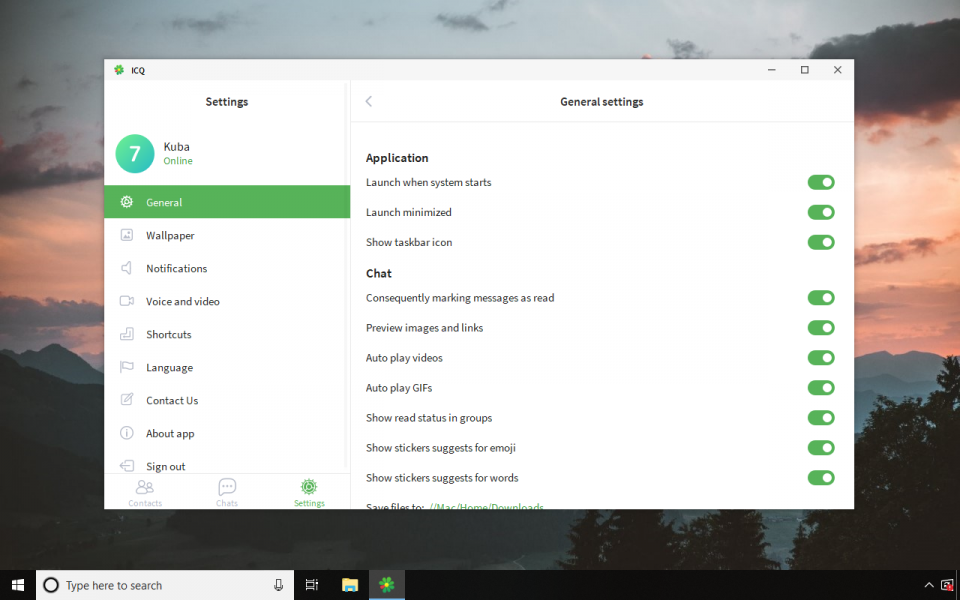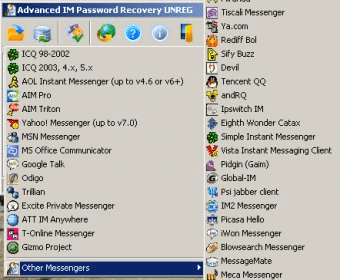
Such studies have resulted in a wealth of knowledge about these specific cognitions.

Psychological research into spontaneous or intrusive cognitions has typically focused on cognitions in one predefined domain, such as obsessional thoughts in OCD, intrusive memories in posttraumatic stress disorder and depression, or involuntary autobiographical memories and daydreaming in everyday life.
3School of Psychology, University of New South Wales, Sydney, NSW, Australia. 2Department of Clinical Psychology, Radboud University Nijmegen, Nijmegen, Netherlands. 1Faculty of Psychology and Educational Sciences, Behavior, Health and Psychopathology Research Group, University of Leuven, Leuven, Belgium. In conclusion, the results showed that the 40-item GCQ is a well-structured and reliable questionnaire for measuring coping strategies in myocardial infarction patients.Julie Krans 1*, June de Bree 2 and Michelle L. A multi-trait/multi-item analysis showed good item-scale convergent and discriminatory validity when the GCQ was reduced from 47 to 40 items. Five months after myocardial infarction, they answered questions about health-related quality of life, health complaints, sense of coherence and the GCQ. The present study comprised 114 first-time myocardial infarction patients (37 women, 77 men). The 10 dimensions are called self-trust, problem-reducing actions, change of values, social trust, minimization, fatalism, resignation, protest, isolation and intrusion. The structure of the questionnaire was based on a previous interview study with 26 persons with different diseases. The present study aimed to evaluate the psychometric properties and the validity of a 10 dimensions questionnaire labelled The General Coping Questionnaire (GCQ). 
The negative effects of emotional distress on the recovery following myocardial infarction make it important to study coping strategies in this situation.






 0 kommentar(er)
0 kommentar(er)
